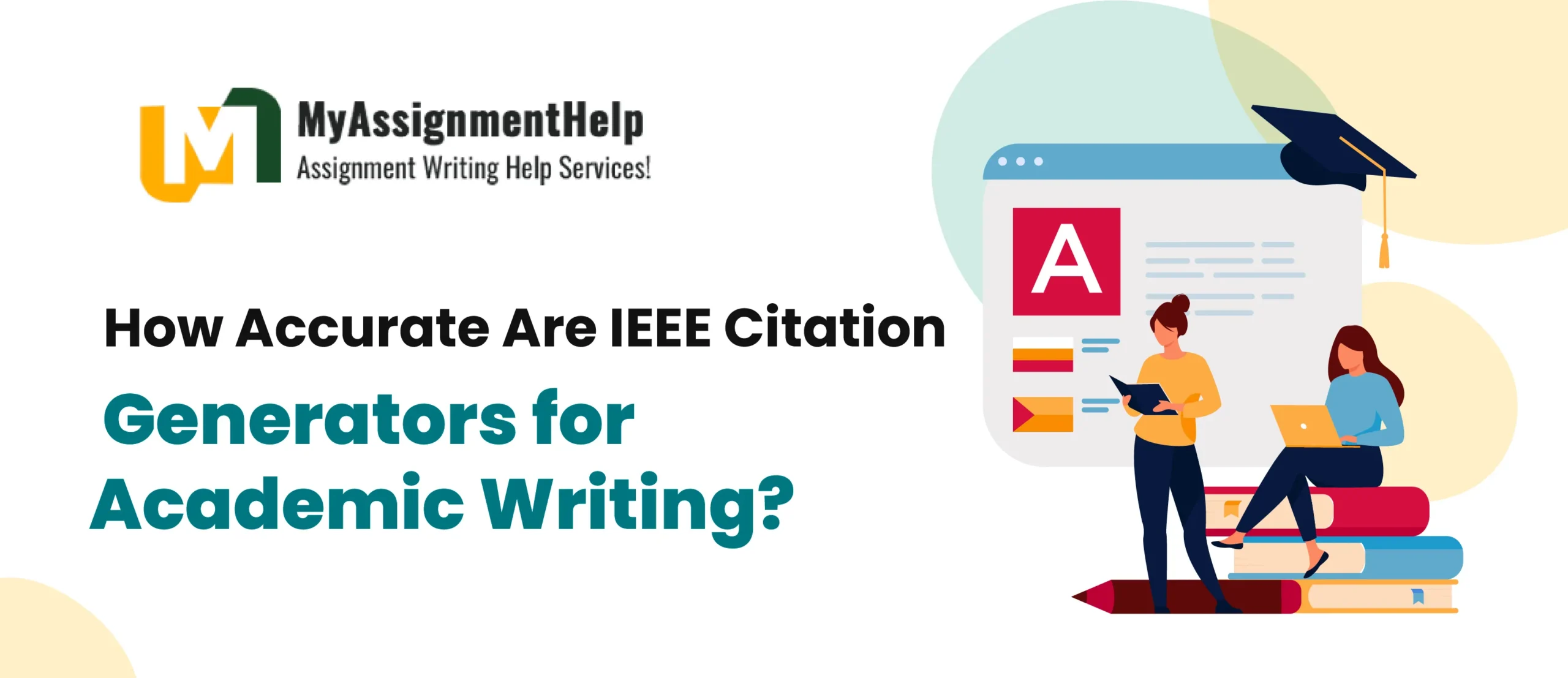In academic writing, adhering to citation standards is crucial for presenting research, attributing sources, and maintaining integrity in scholarly work. IEEE (Institute of Electrical and Electronics Engineers) citation style is a common referencing method used in engineering, computer science, and related fields. As such, many students and researchers rely on IEEE citation generator to format their references correctly. But how accurate are these tools, and can you depend on them entirely for your academic work?

The Role of IEEE Citation Generators
IEEE citation generators are online tools that automatically format references according to IEEE citation style. These tools typically require you to input information such as the author, title, date of publication, and other details about a source. The generator then produces a citation that you can use in your paper or research project.
The benefits of using an IEEE citation generator include:
- Time-saving: These tools expedite the citation process, allowing you to focus on your research and writing.
- Convenience: An easy-to-use interface simplifies the citation process, especially for those unfamiliar with IEEE style.
- Consistency: Citation generators ensure consistent formatting across all your references, which is essential for maintaining professionalism and credibility in your work.
However, it’s essential to recognize that citation generators may not always be 100% accurate.
Potential Issues with IEEE Citation Generators
Despite their benefits, IEEE citation generators can sometimes produce errors. These include:
- Incorrect formatting: Citation generators may not always adhere precisely to IEEE guidelines. The output may contain formatting mistakes that could impact the overall quality of your work.
- Missing or incorrect information: The generator’s output is only as accurate as the input you provide. Incorrect or incomplete source information can lead to inaccurate citations.
- Outdated databases: Some citation generators may rely on outdated citation guidelines or databases, resulting in errors.
- Limited customization: While these tools are efficient, they may not provide the flexibility to customize citations to fit your specific needs or preferences.
Strategies for Ensuring Accuracy
To ensure that your IEEE citations are accurate, consider the following strategies:
- Double-check references: After using an IEEE citation generator, review the citations against the latest IEEE style guidelines to verify their accuracy.
- Cross-check sources: Confirm that the information you provide to the citation generator is correct and complete. This step helps prevent inaccuracies in the final output.
- Stay updated: Keep abreast of the latest IEEE citation standards to ensure your work aligns with current practices.
- Use reliable tools: Choose reputable citation generators to minimize the risk of errors. Research the tool’s accuracy and user reviews before committing to it.
Other Tools for Academic Writing
In addition to IEEE citation generators, there are other tools that can help students and researchers streamline their academic writing processes:
- Solve by factoring calculator: This tool can assist with solving algebraic equations by factoring, helping students check their work and understand mathematical concepts.
- Interval of convergence calculator: This calculator is useful for determining the interval within which a power series converges, aiding students and researchers in their calculus and analysis work.
- Assignment Expert: This online service offers assistance with various academic subjects, providing students with guidance and support for assignments, projects, and exams.
- BookMyEssay: BookMyEssay is another academic writing service that provides help with essays, research papers, dissertations, and other academic writing tasks.
Conclusion
IEEE citation generators are valuable tools for academic writing, saving time and ensuring consistency in citations. However, they may not always guarantee 100% accuracy. By double-checking the output and staying informed about the latest IEEE citation standards, you can maintain the quality and credibility of your scholarly work.
Additionally, tools such as solve by factoring calculators, interval of convergence calculators, and services like Assignment Expert, My Assignment Help and BookMyEssay can further enhance your academic writing and research experience. By combining these resources and strategies, you can produce high-quality academic work that adheres to the highest standards of scholarship.





